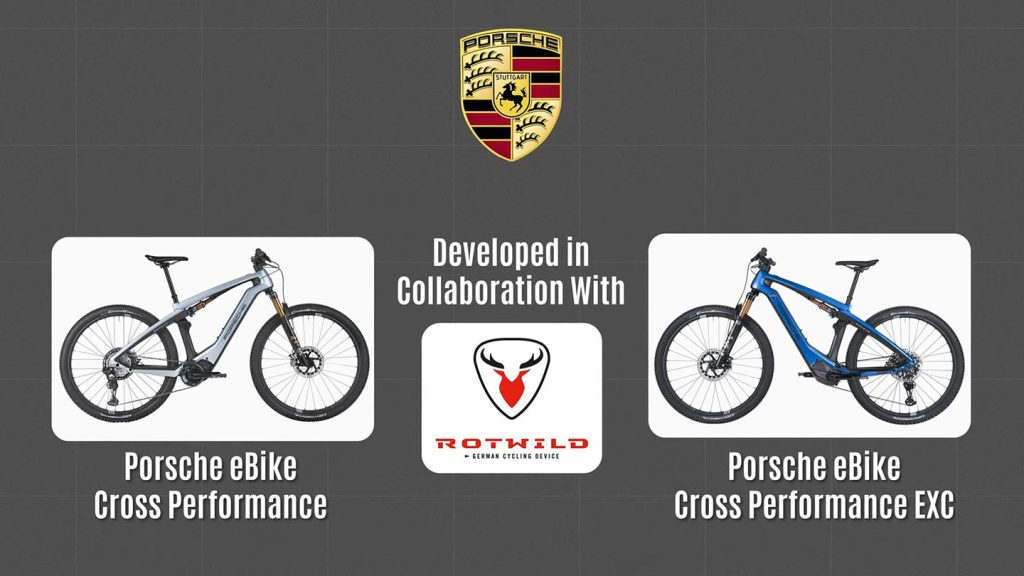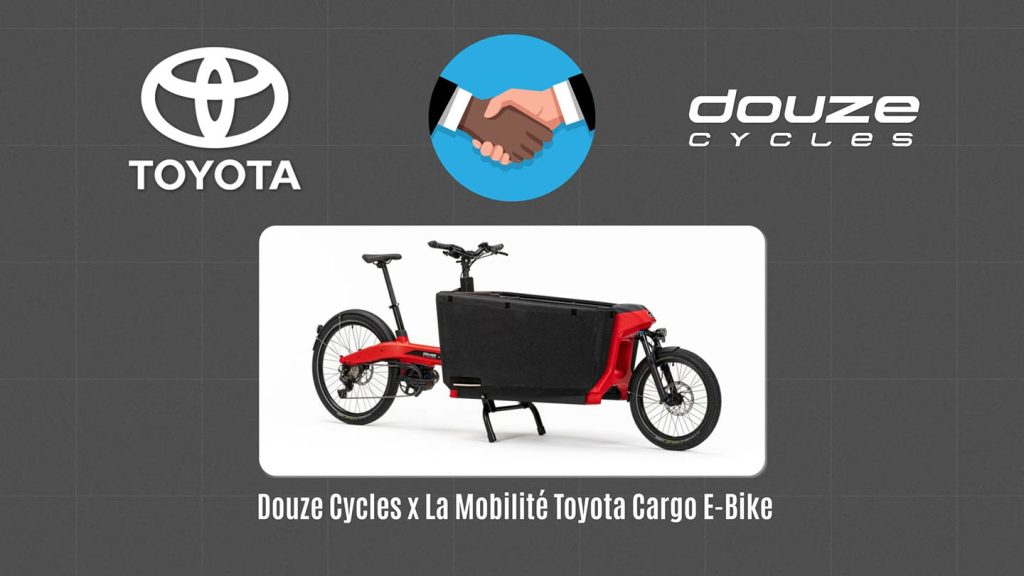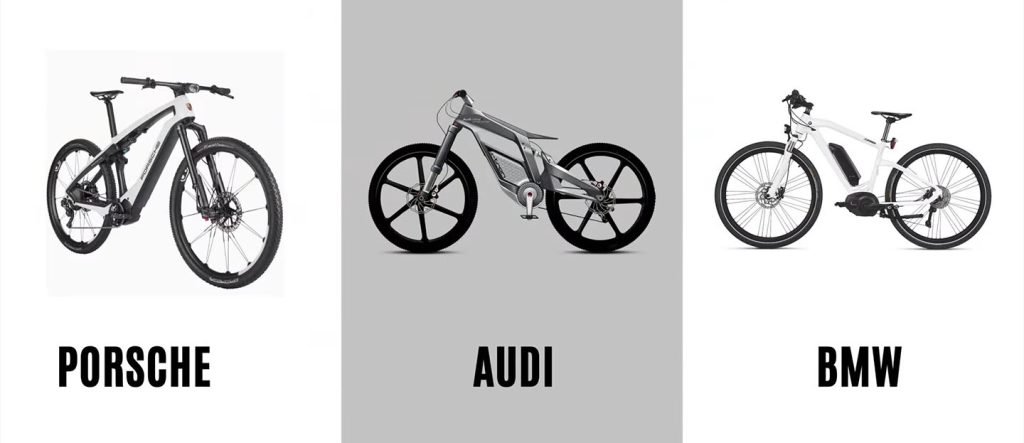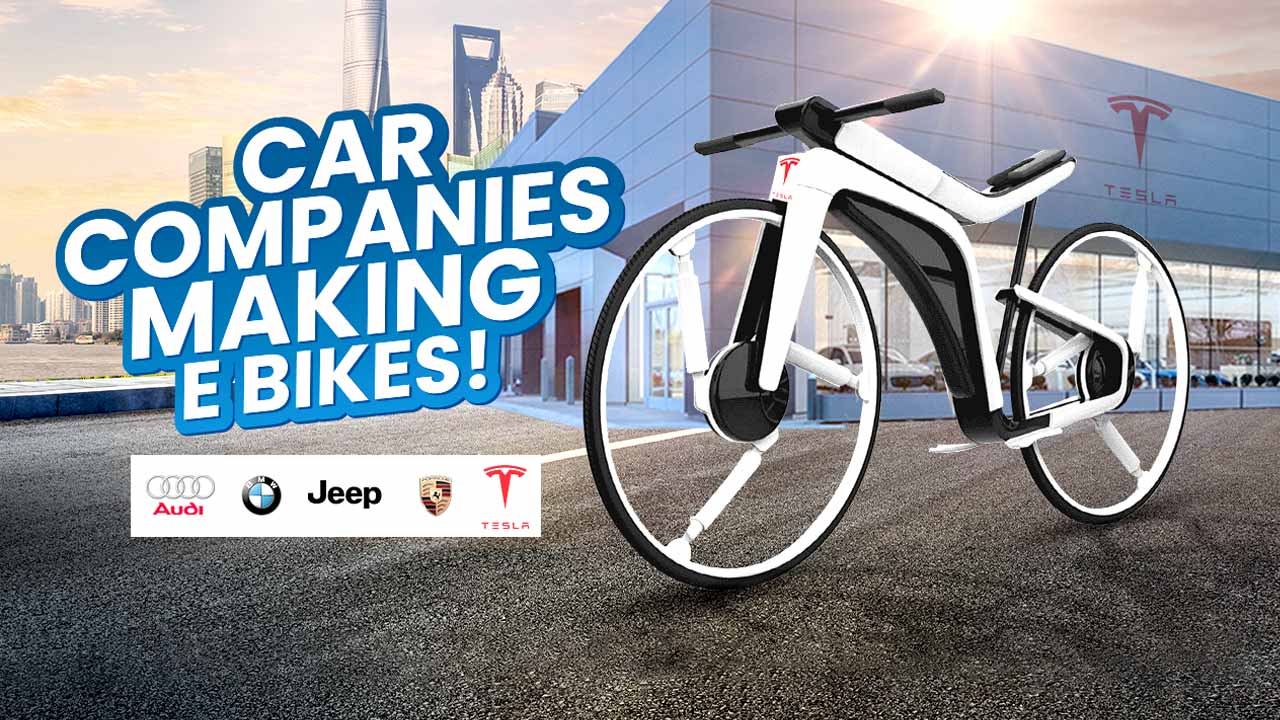As the world is shifting towards sustainable solutions, it’s no longer just four wheels that define our journey. Once seen as a niche market, electric bikes have now garnered the center of attention of automotive giants.
But how come? Is it because they wish to stay on the top of the chain of the e-bike industry, or something more diplomatic lies in its secrecy?
If you want to know our reasoning, read on as we explore “why car companies are steering towards electric bikes.”
Car Companies Respond to Eco-Friendly Transportation Trends
Moving towards eco-friendly transportation choices in response to alarming global atmospheric changes is the main reason that has led conscious people to become more intrigued by electric vehicles.
And car companies couldn’t overlook it. They met these evolving preferences by providing a wider array of electric choices like EVs, electric pickup trucks, e-scooters, e-bikes, and all.
Among them, e-bikes offer a sustainable way to commute while preserving the environment. The aim is to safeguard the ecosystem, minimize the release of greenhouse gasses, and lower the carbon footprint.
For short distances, e-bikes outshine other transportation options in efficiency. Notably, in recent years, the production rate of e-bikes has been Sky-high, specifically after the pandemic!
Let’s take a look at this Fortune Business Insights report. In 2022, the global electric bike market was valued at 37.47 billion US dollars. And it is projected to grow from 43.32 billion USD dollars in 2023 to reach around 119.72 billion by 2030.
Collaboration to Quickly Enter the Growing Market
According to e-bike consultant Ed Benjamin, Car companies have always had an interest in bicycles, and e-bike companies have made it possible.
Despite the large automobile company’s interest in investment, particularly in the R&D sector, e-bikes were not ready to embrace the expected quality given by the automobile industry.
But the growing market of e-bikes and business opportunities have changed the vision. Over the past few years, the companies started showing vast interest in the e-bike industry.
However, many of these car companies are not exclusively producing electric bikes on their own. Instead, they often introduce concepts or collaborate with established leading bike brands to manufacture these products!
Like the prominent car brand – “ Porsche” has ventured into the electric bike market with models like the “Porsche eBike Sport” and “Porsche eBike Cross.”
Recently, they expanded their offerings by introducing the Porsche eBike Cross Performance and eBike Cross Performance EXC models. Both models were developed in collaboration with Rotwild.

Similarly, Toyota has embraced collaboration by partnering with French e-bike company Douze Cycles. Their joint effort has resulted in the creation of the Douze Cycles x La mobilité Toyota cargo e-bike.
Taking on the challenge, Jeep teamed up with off-road bike distributor QuietKat, and created the ‘most-capable all-terrain electric mountain bike on the planet.’
Meanwhile, BMW has entered the electric bike market with models like the “BMW Active Hybrid e-bike” and “BMW Urban Hybrid e-bike,” seamlessly incorporating design elements and technology reminiscent of their automobiles.
Audi, on the other hand, showcased their commitment to innovation through the “Audi e-bike Wörthersee,” a concept electric bike featuring a touchscreen display, electric propulsion, and connectivity features.
Likewise, Mercedes-Benz joined the electric bike trend with the “Mercedes-Benz EQ eBike” concept, designed to complement their range of electric vehicles. This sleek electric bike integrates advanced technology seamlessly.

Why E-Bikes Attract Automakers
Now, the question is, how did the e-bike industry get so many responses from all the prominent car manufacturers, and why?
We found some key reasons:
New Revenue Source & Collaboration Opportunities
Like any emerging industry, car companies want to source another pathway of income besides their traditional car sales, and electric bikes are a new way for car companies to generate that extra source of income.
This helps them join the trend of eco-friendly transport and leave an imprint among the leading e-bike companies, allowing them to collaborate with established electric bike manufacturers to expedite their entry into the market.
This enables car companies to enter the market more quickly and with higher-quality products.
Diversification Beyond Automobiles
Car companies are seeking to diversify their product portfolios beyond traditional automobiles.
By entering the electric bike market, they can tap into a growing segment of environmentally conscious consumers who are looking for alternative modes of transportation.
Enhanced Brand Presence
Launching electric bikes can help car companies expand their brand presence and enhance their image as forward-thinking and innovative companies.

It showcases their commitment to innovation and sustainable transportation solutions. Which will help them to increase their sales and catch the attention of customers!
Emission Reduction & Urban Mobility Solutions
Electric bikes align with the worldwide effort to cut carbon emissions and enhance sustainability.
As car manufacturers face mounting pressure to create eco-friendly options, electric bikes emerge as a means to contribute to cleaner urban mobility while meeting evolving consumer needs.
Plus, car companies are actively working to provide a practical solution to issues like congestion and limited parking. So they recognize the significant value that electric bikes bring to densely populated urban areas.
And how they provide a convenient and eco-friendly mode of short-distance transportation. These can be one of the major reasons behind car manufacturers diving into this market.
Leveraging Existing Resources
Car companies can leverage their existing infrastructure, supply chains, and manufacturing facilities to enter the e-bike market more efficiently. This allows them to capitalize on economies of scale and potentially reduce production costs.
The companies possess extensive expertise in vehicle engineering, design, and technology so they can apply these competencies to create innovative e-bike offerings.
Plus, they already have well-established distribution networks, dealerships, and a global market presence. This will help them to introduce e-bikes to a wide customer base and extend their reach into new segments!
All car manufacturers typically have dedicated research and development teams that can adapt their technological innovations from the automotive sector to enhance e-bike design, performance, and safety features!
Could It All Be a Marketing Ploy?
Car manufacturers making e-bikes can seem like a quick PR move to appear eco-friendly. But as transportation habits shift, higher-priced e-bikes could be more than just PR, offering profits.
People might spend more on e-bikes if cycling becomes a primary mode of transport. This could mean bigger profits for car companies, especially with well-designed high-end e-bikes.
Or else, the whole thing can be a gimmick to take over the e-bike industry and dominate it. Like how big brands like Specialized, Giant, Trek, Rad Power Bikes, Aventon, and all the others are dominating the market.
It’s possible that prominent car companies want to maintain a balance between EVs and E-bikes and they might not want to make e-bikes the most popular mode of transportation.
Conclusion
Currently, it’s pretty uncertain whether we’ll eventually see a lot of e-bikes and scooters from big car brands like Porsche, Audi, and BMW. Yet, the chances are promising.
Whatever the future holds for the e-bike market, one thing is beyond doubt, more options are always a good thing. So, it’s good to see car companies getting involved in the e-bike industry!










Leave a Comment